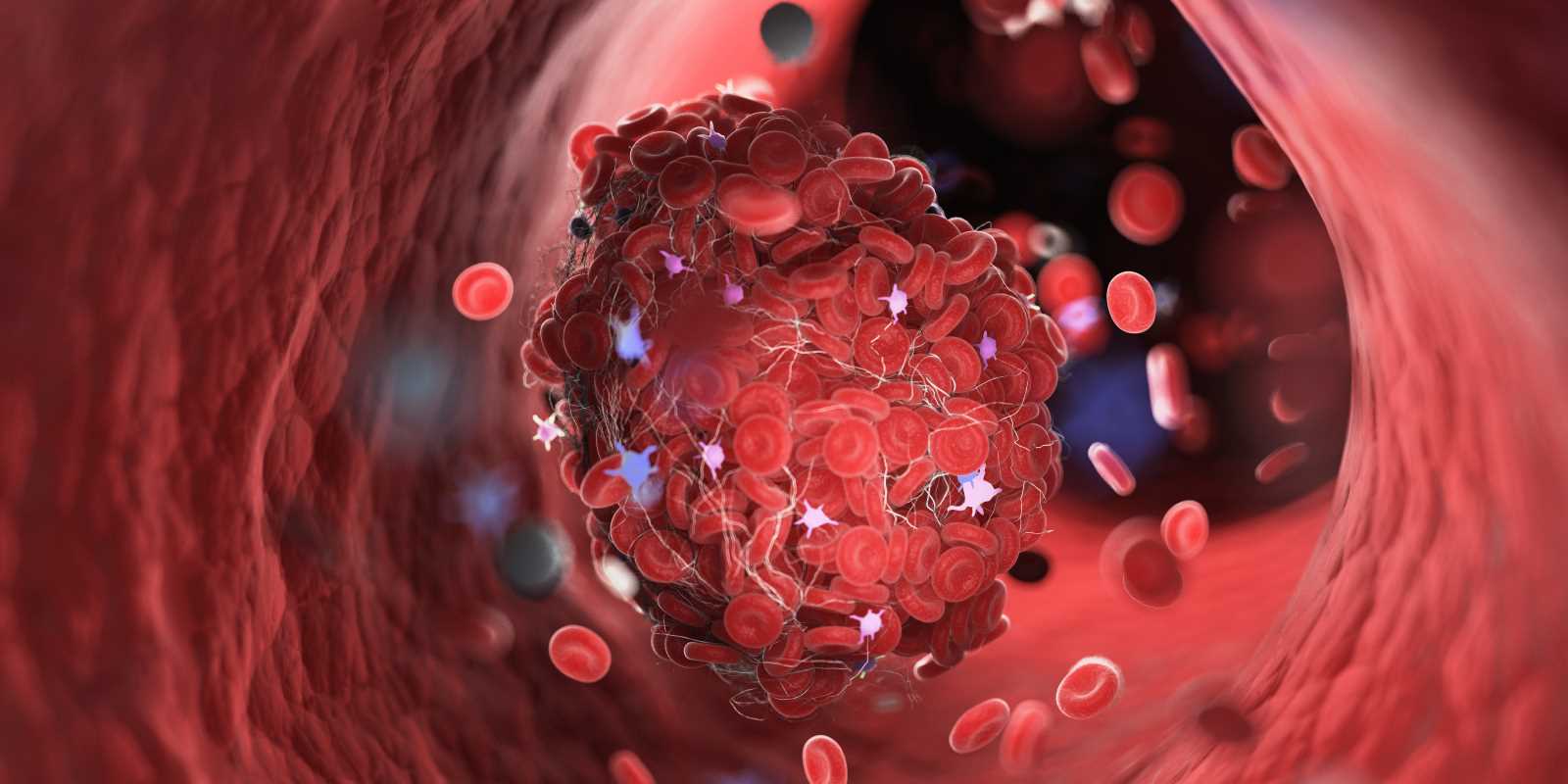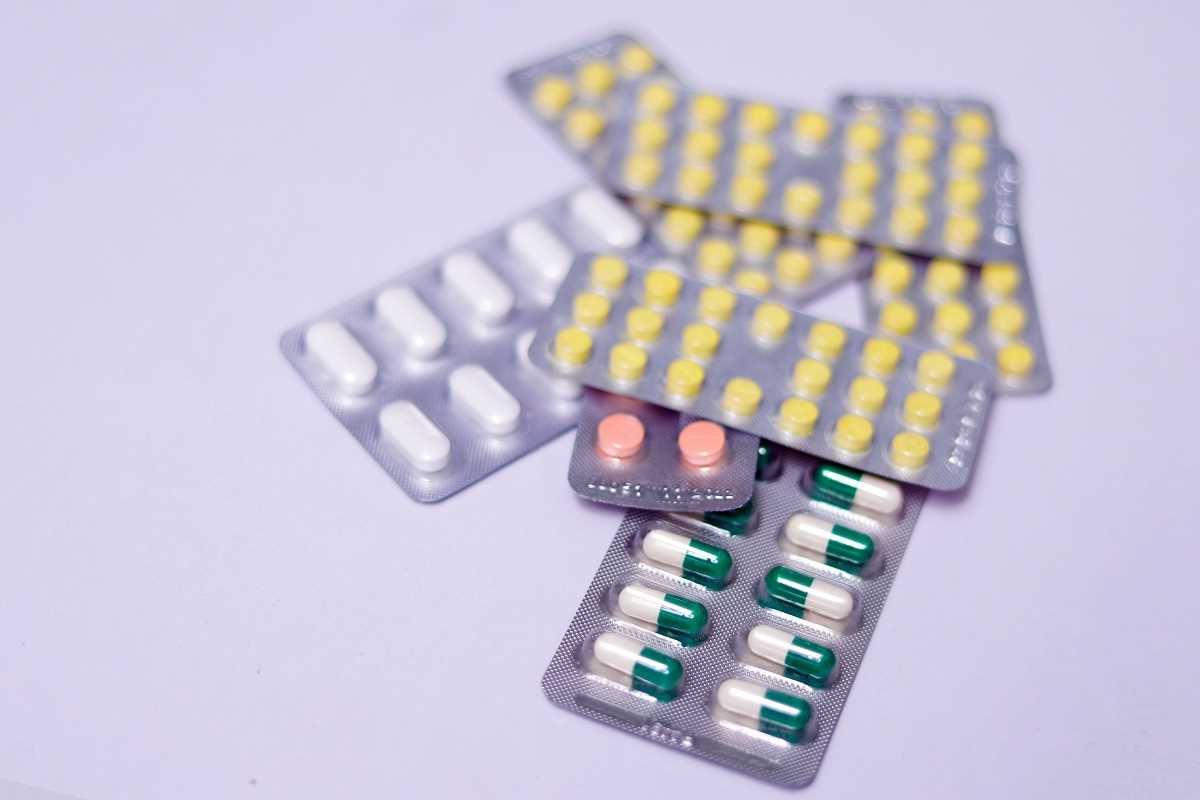Managing cholesterol has come a long way from simply telling patients to eat fewer eggs and take a statin. While lifestyle changes and traditional medications remain cornerstone treatments, exciting new developments in cholesterol management are giving doctors and patients more powerful tools than ever before. These breakthrough medications offer hope for people who haven't responded well to conventional treatments or need additional support in their fight against heart disease.
The landscape of cholesterol medication is evolving rapidly, with innovative treatments targeting cholesterol production and absorption in completely new ways. Whether you're currently managing high cholesterol or simply want to stay informed about your heart health options, understanding these cutting-edge treatments can help you have more productive conversations with your healthcare provider.
Let's explore the newest class of cholesterol medications making waves in cardiology offices across the country and discover how they might fit into your heart health strategy.
PCSK9 Inhibitors
The most significant breakthrough in cholesterol management comes from a class of medications called PCSK9 inhibitors. These injectable drugs work differently than any cholesterol medication before them, targeting a specific protein that controls how your liver processes cholesterol.
How PCSK9 Inhibitors Work
Your liver naturally produces a protein called PCSK9, which breaks down LDL receptors—the cellular doorways that remove "bad" cholesterol from your bloodstream. PCSK9 inhibitors block this protein, allowing more LDL receptors to remain active. The result is dramatically improved cholesterol removal from your blood.
Think of it like this: if your liver's cholesterol-cleaning crew keeps getting their tools taken away by PCSK9, these new medications act like security guards, protecting those tools so the cleaning can continue more effectively.
Who Benefits Most
PCSK9 inhibitors represent a breakthrough for several specific groups:
- People with familial hypercholesterolemia, a genetic condition causing extremely high cholesterol levels
- Patients who cannot tolerate statins due to muscle pain or other side effects
- Individuals whose cholesterol remains dangerously high despite maximum statin therapy
- Those with established cardiovascular disease needing aggressive cholesterol reduction
Clinical trials show these medications can reduce LDL cholesterol by 50-60%, often bringing levels down to previously unattainable targets.
Bempedoic Acid
Another exciting development comes in the form of bempedoic acid, an oral medication that offers a fresh approach to cholesterol management. This treatment works by inhibiting an enzyme involved in cholesterol production, but unlike statins, it only activates in the liver.
Unique Advantages
Bempedoic acid addresses a major concern many patients have with traditional cholesterol medications—muscle-related side effects. Because it specifically targets liver cells rather than muscle tissue, many people who experience muscle pain with statins can successfully use this alternative.
The medication also offers convenience factor that busy adults appreciate. Unlike PCSK9 inhibitors that require injections every two weeks or monthly, bempedoic acid comes as a once-daily pill that easily fits into existing medication routines.
Inclisiran
Inclisiran represents perhaps the most convenient advancement in cholesterol treatment. This medication uses RNA interference technology to essentially "silence" the gene responsible for producing PCSK9 protein.
Revolutionary Dosing Schedule
After two initial doses given three months apart, inclisiran only requires administration twice yearly. For people struggling with daily medication adherence or those who travel frequently, this represents a significant quality-of-life improvement.
The medication achieves cholesterol reductions similar to other PCSK9 inhibitors while requiring minimal lifestyle disruption. Healthcare providers administer the injections during regular check-ups, eliminating the need for patients to manage complex dosing schedules.
Comparing New Treatments to Traditional Statins
Statins remain the gold standard for initial cholesterol treatment, and for good reason. They're proven effective, generally well-tolerated, and available in affordable generic formulations. The new medications address limitations that statins cannot overcome.
Effectiveness Comparison
While statins typically reduce LDL cholesterol by 30-50%, the newer medications can achieve reductions of 50-60% or more. When combined with statins, some patients see total LDL reductions exceeding 80%.
Side Effect Profiles
Traditional statins occasionally cause muscle pain, liver enzyme elevation, or increased blood sugar levels. The newer medications generally have different side effect profiles:
- PCSK9 inhibitors most commonly cause injection site reactions and occasional flu-like symptoms
- Bempedoic acid may cause muscle pain in some patients, though less frequently than statins
- Inclisiran typically causes only mild injection site reactions
Cost Considerations
The newer medications carry significantly higher price tags than generic statins. Insurance coverage is expanding as clinical evidence demonstrates their cardiovascular benefits. Many pharmaceutical companies also offer patient assistance programs for qualifying individuals.
Integrating New Medications into Heart Health Strategy
These breakthrough treatments work best as part of comprehensive cardiovascular care rather than standalone solutions. Successful cholesterol management still requires attention to multiple factors.
Lifestyle Foundation
Even with powerful new medications, healthy lifestyle choices amplify treatment benefits. Regular physical activity, heart-healthy nutrition, stress management, and adequate sleep all contribute to optimal outcomes.
Personalized Treatment Approach
Your healthcare provider considers multiple factors when determining the best cholesterol management strategy:
- Current cholesterol levels and cardiovascular risk
- Response to previous treatments
- Other health conditions and medications
- Personal preferences regarding injection versus oral treatments
- Insurance coverage and financial considerations
Monitoring and Adjustment
The newest cholesterol medications require regular monitoring to assess effectiveness and watch for potential side effects. Your healthcare team will schedule appropriate follow-up appointments and laboratory tests to ensure optimal results.
 (Image via
(Image via.jpg)





